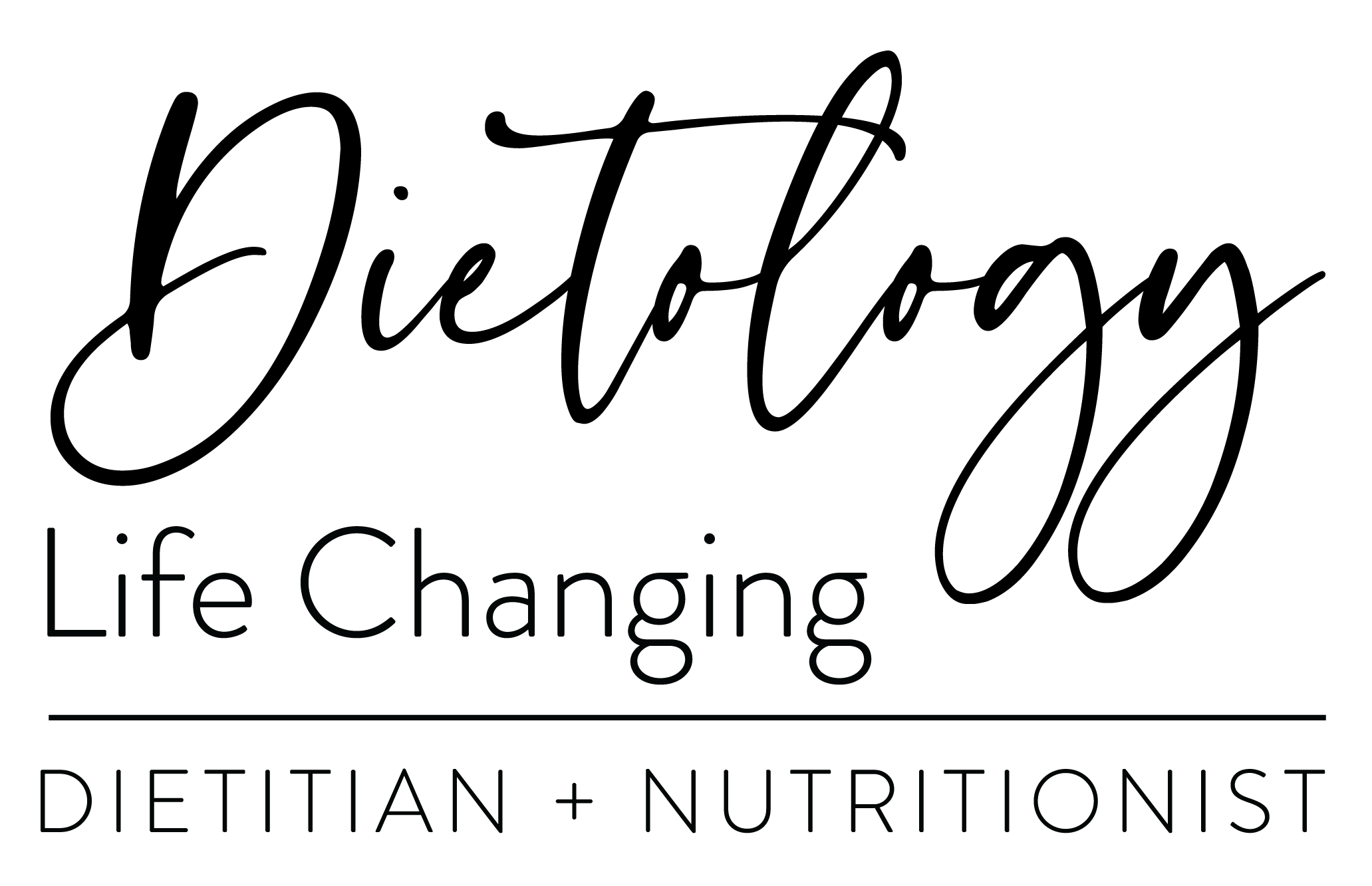The Connection Between Hashimoto's Disease and Fatigue
Fatigue is one of the most common symptoms among individuals with Hashimoto's disease. This fatigue can be debilitating and significantly impact your daily functioning, productivity, and overall well-being.
Several factors contribute to the fatigue experienced by individuals with Hashimoto's disease. Understanding the connection between Hashimoto's and fatigue and learning how to manage it through nutrition and lifestyle, is crucial for improving your quality of life, in managing and living with this condition.
Understanding The Connection Between Hashimoto's Disease and Fatigue
Thyroid hormone imbalance
Hashimoto's disease causes inflammation of the thyroid gland, leading to a gradual decline in thyroid function. The thyroid gland produces hormones crucial for regulating metabolism, energy production, and overall bodily functions. When the thyroid gland is underactive due to Hashimoto's disease, there is a decrease in the production of thyroid hormones (T3 and T4), which can result in fatigue and sluggishness.
Autoimmune inflammation
As an autoimmune disease, Hashimoto's involves the immune system mistakenly attacking the thyroid gland. The chronic inflammation associated with autoimmune processes can contribute to your fatigue and general feelings of malaise.
Nutrient deficiencies
You may also experience nutrient deficiencies, particularly in nutrients essential for thyroid function, such as iodine, selenium, zinc, and vitamin D. These deficiencies can exacerbate your fatigue and other symptoms associated with the condition.
Disrupted sleep patterns
Hashimoto's disease can disrupt sleep patterns, leading to poor sleep quality and insufficient rest. Sleep disturbances are common in thyroid disorders and can contribute to your daytime fatigue and lethargy.
How to Manage Fatigue with Nutrition and Lifestyle Strategies
While fatigue associated with Hashimoto's disease can be challenging for you to manage, adopting certain nutrition and lifestyle strategies can help alleviate your symptoms and improve you overall energy levels:
Balanced Diet
A nutrient-dense, balanced diet is crucial for Hashimoto's disease. Emphasize whole foods such as fruits, vegetables, lean proteins, whole grains, and healthy fats. Ensure an adequate intake of nutrients essential for thyroid health, including iodine, selenium, zinc, and vitamin D.
Consider consulting with a registered dietitian or nutritionist specializing in thyroid health to develop a personalized nutrition plan.
2. Thyroid-Supportive Nutrients
Incorporate foods rich in thyroid-supportive nutrients into your diet. For example, seafood, dairy products, eggs, nuts, and seeds are excellent sources of selenium. Iodine-rich foods include seaweed, iodized salt, and seafood. Additionally, foods high in zinc include oysters, beef, chicken, and pumpkin seeds. .
3. Manage Stress:
Chronic stress can exacerbate the symptoms of the condition and contribute to fatigue. Explore stress management techniques such as mindfulness meditation, yoga, deep breathing exercises, and progressive muscle relaxation to reduce your stress levels and promote relaxation.
4. Adequate Sleep Hygiene:
Prioritize good sleep hygiene practices to improve sleep quality and combat fatigue. Maintain a consistent sleep schedule, create a relaxing bedtime routine, and ensure your sleep environment is conducive to restorative sleep. Limit exposure to electronic devices and stimulating activities before bedtime.
5. Regular Exercise
Engage in regular physical activity to boost energy levels, improve mood, and support overall well-being. Choose activities you enjoy, such as walking, swimming, yoga, or cycling, and aim for at least 30 minutes of moderate intensity exercise most days of the week. Listen to your body and adjust your exercise routine based on your energy levels and physical capabilities.
6. Medication Management
If you are taking medication, work closely with your doctor to manage thyroid hormone replacement therapy effectively. Medications such as levothyroxine can help restore thyroid hormone levels and alleviate symptoms of hypothyroidism, including fatigue. Ensure you are taking your prescribed medication as directed and attend regular follow-up appointments with your healthcare provider to monitor your thyroid function.
Final thoughts
Fatigue is a common and often debilitating symptom experienced by most of us with Hashimoto's disease. It can affect your day to day function and can take over your life.
As someone who also has the condition and understands all too well what Hashimoto’s fatigue is, and how to manage it, know you are not alone. I understand you.
By understanding the underlying factors contributing to fatigue and implementing targeted nutrition and lifestyle strategies, you can effectively manage your symptoms and improve your quality of life.
I have seen the changes that nutrition and lifestyle intervention can make, in my clients’ lives, and in personally experienced them in my own.
It's essential to work closely with healthcare professionals, such as an accredited practicing dietitian, in particular one who specialises in the condition, to develop a comprehensive treatment plan tailored to your unique needs and preferences.
With the right support and self-care practices, you can regain energy, vitality, and overall well-being.

